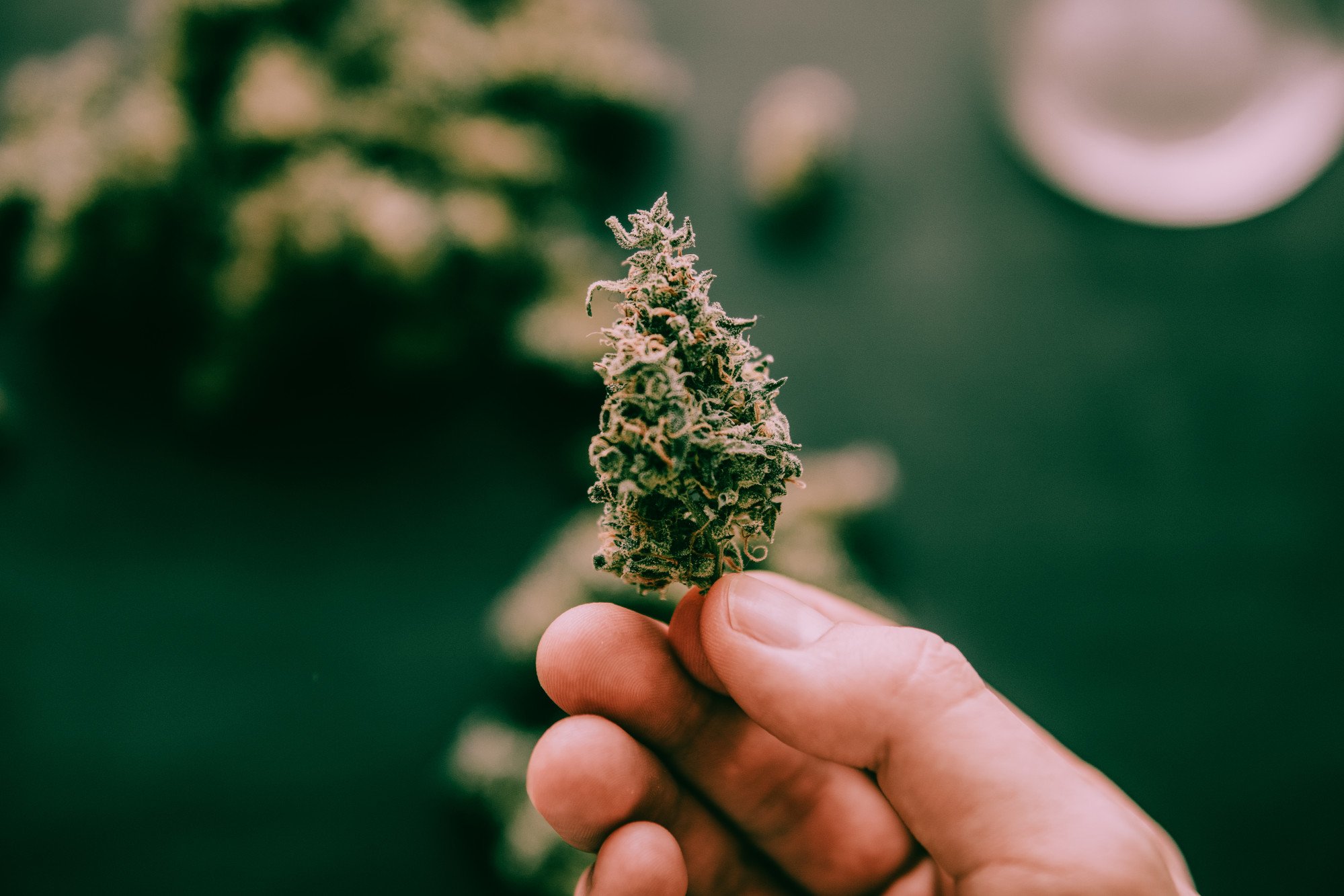China bans cannabis cosmetics yet remains a huge hemp producer – CBD might be trending around the world, but East Asia risks missing out on the buzz

According to an announcement posted on the website of the National Institutes for Food and Drug Control (NIFDC), the Chinese government is proposing new legislation to prohibit the use of cannabis and cannabis extracts in cosmetics, including Cannabis sativa kernel fruit, Cannabis sativa seed oil, Cannabis sativa leaf, as well as cannabidiol (CBD), a cannabinoid that is the subject of much research into its possible health benefits.
The proposed ban is in stark contrast to the Western approach where the complex regulatory landscape is being simplified, but it is in line with measures taken in other Asian countries where the oversight of CBD products is still strict. Since 1985, China has classified marijuana as a dangerous narcotic drug and possession of hemp seeds is also criminalised.
Nevertheless, China has grown hemp, a strain of Cannabis sativa, for thousands of years, to use in clothing and traditional medicine. According to the US Foreign Agricultural Service, China produces around half of all the world’s hemp. Some critics argue therefore that the government’s approach is duplicitous, as the government allows the cultivation of hemp but criminalises its possession.
According to George Deckner, personal care and cosmetics industry expert at UL Prospector, a global independent safety science company, cannabis derivatives are “some of the hottest, most talked-about ingredients in cosmetics”. Deckner highlights how the use of CBD skincare and beauty products has become a major beauty trend; thus, the segment offers considerable opportunities.
This is even more the case in a major holistic market like China, where consumers demand “natural” and organic ingredients. A 2019 AlixPartners survey showed “a common interest in natural and organic beauty products” in China, France, Germany, the United Kingdom and the United States, with 90 per cent of the Chinese respondents stating it “was important to purchase healthy or clean products”.

They appear willing to pay more for them too. Chinese millennials surveyed by AlixPartners said they would willingly pay 18 per cent more for green products, and overall, only 36 per cent of respondents from China viewed cost as a factor preventing them making a purchase, much less than the average of 56 per cent of other nationalities.
Whatever the benefits of cannabis derivatives in cosmetics, one thing is certain: if China continues to prohibit the use of cannabis-related ingredients, it close the door on an enormous economic opportunity. Not only will more of the industry move overseas, creating business disruptors and beauty unicorns there, but it will also give those innovators a chance to capture a larger global market share.
Want more stories like this? Sign up here. Follow STYLE on Facebook, Instagram, YouTube and Twitter.
This article originally appeared on Jing Daily.

- Since 1985, China has classified marijuana as a dangerous narcotic and possession of hemp seeds is illegal despite the country being the world’s biggest grower
- CBD skincare and beauty products are trending globally, and Chinese millennials are keen for organic ingredients currently banned at home – will things change?